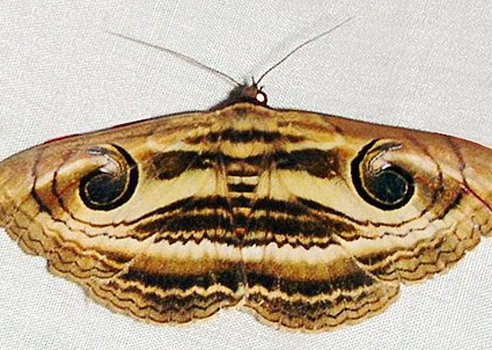Reading time: Just over 1 minute
Increase your vocabulary and you’ll make your writing much more precise. That’s why I provide a word of the week. Today’s word: deimatic…
I was sick with a bad cold last week so I took the chance to watch lots of mostly bad Netflix and luxuriate in the opportunity to read a really good book, cover to cover (in two days).
That book told the story of the Harvey Weinstein scandal, with a side trip into the Matt Lauer scandal. (It was particularly interesting to learn how these two sagas crossed paths with each other.) The unputdownable book is called Catch and Kill, and it’s written by Ronan Farrow — the wunderkind son of Mia Farrow and Woody Allen.
Farrow attended Bard College for a B.A. in philosophy where he became the institution’s youngest graduate at age 15. He received a J.D. from Yale Law School, and later passed the New York State Bar examination. In 2009, he started working for the Obama administration as Special Adviser for Humanitarian and Non-Government Affairs. Then, in 2011, he was appointed as Secretary of State Hillary Clinton’s Special Adviser for Global Youth Issues. After leaving government, Farrow began a Rhodes Scholarship at Oxford, where he earned a PhD researching the exploitation of the poor in developing countries.
Farrow is still only 31 years old and already has several lifetime’s worth of accomplishment. In addition to writing a painstakingly researched and highly readable book, he also gave me my word of the week: deimatic. Here is how he used it:
He [Harvey Weinstein] was deimatic, capable of expanding to frighten, like a blowfish inflating itself.
My education, which is woefully inferior to Farrow’s, was heavy on the arts (too much Jane Austen perhaps?) and low on the sciences. As a result, I’d never before encountered animal theory. Deimatic behaviour refers to any pattern of bluffing in an animal that lacks strong defences. For example, it might display conspicuous eyespots (as in the moth in the image above), to scare off or distract a predator, giving the prey animal an opportunity to escape.
The etymology of the word is Greek come from the term δειματόω meaning “to frighten.”
An earlier version of this post first appeared on my blog on Dec. 11/19.


